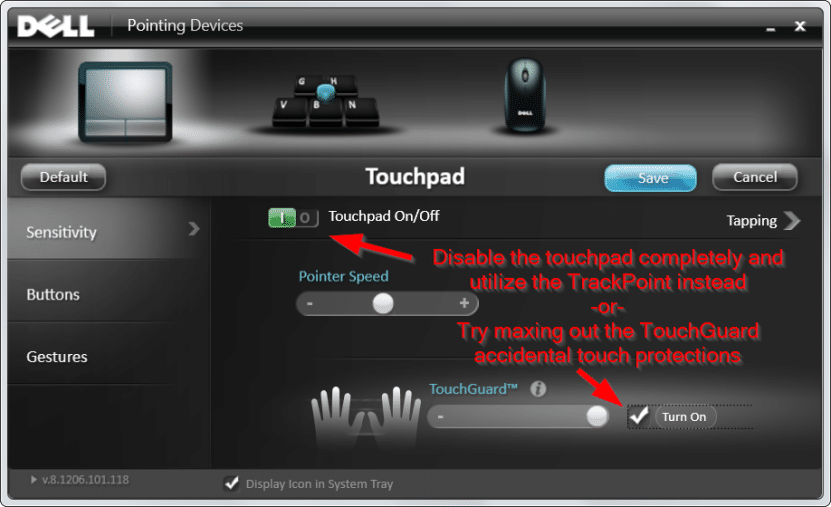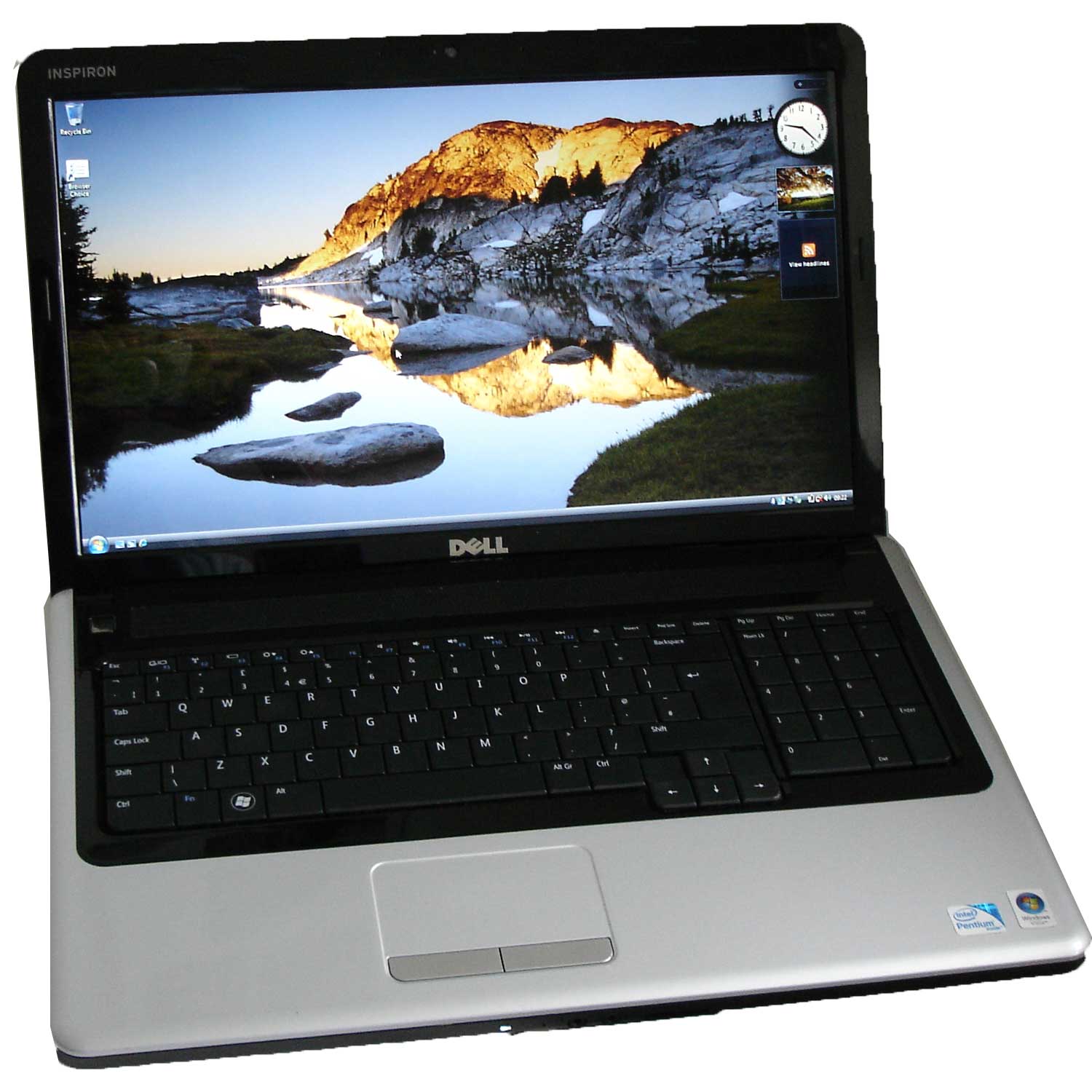


From there, you will have to right click on the touchpad driver option. Unlocks new features and configuration options in your devices, especially with video cards and gaming devices.Step 2: In the Device Manager window, look for “ Mice and other pointing devices” option. If your deskttop or laptop is running slow, or keeps crashing or hanging, there is a good chance that updating your drivers will fix the problem.Įnsures your hardware runs at peak performance.įixes bugs so your system will have fewer crashes. Many computer problems are caused by missing or outdated device drivers, especially in Windows 10. Next, update individual drivers or all of the necessary drivers with one click. When the scan is complete, the driver update utility will display a results page showing which drivers are missing or out-of-date: Once you download and run the utility, it will scan for out-of-date or missing drivers: It will Update all of your drivers in just a few clicks, and even backup your drivers before making any changes. The Driver Update Utility automatically finds, downloads and installs the right driver for your hardware and operating system. Automatic updates could save you hours of time. If you are having trouble finding the right driver, stop searching and fix driver problems faster with the Automatic Driver Update Utility. Visit our Driver Support Page for helpful step-by-step videos Install Drivers Automatically In most cases, you will need to reboot your computer in order for the driver update to take effect. Locate the device and model that is having the issue and double-click on it to open the Properties dialog box.Ĭlick the Update Driver button and follow the instructions. In Windows XP, click Start -> Control Panel -> Performance and Maintenance -> System -> Hardware tab -> Device Manager button In Windows Vista, click Start -> Control Panel -> System and Maintenance -> Device Manager

In Windows 7, click Start -> Control Panel -> Hardware and Sound -> Device Manager In Windows 8, swipe up from the bottom, or right-click anywhere on the desktop and choose "All Apps" -> swipe or scroll right and choose "Control Panel" (under Windows System section) -> Hardware and Sound -> Device Manager In Windows 10 & Windows 8.1, right-click the Start menu and select Device Manager

It allows you to see all of the devices recognized by your system, and the drivers associated with them. To install a driver in Windows, you will need to use a built-in utility called Device Manager. Once you download your new driver, then you need to install it.


 0 kommentar(er)
0 kommentar(er)
